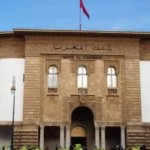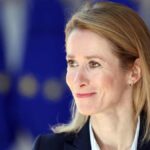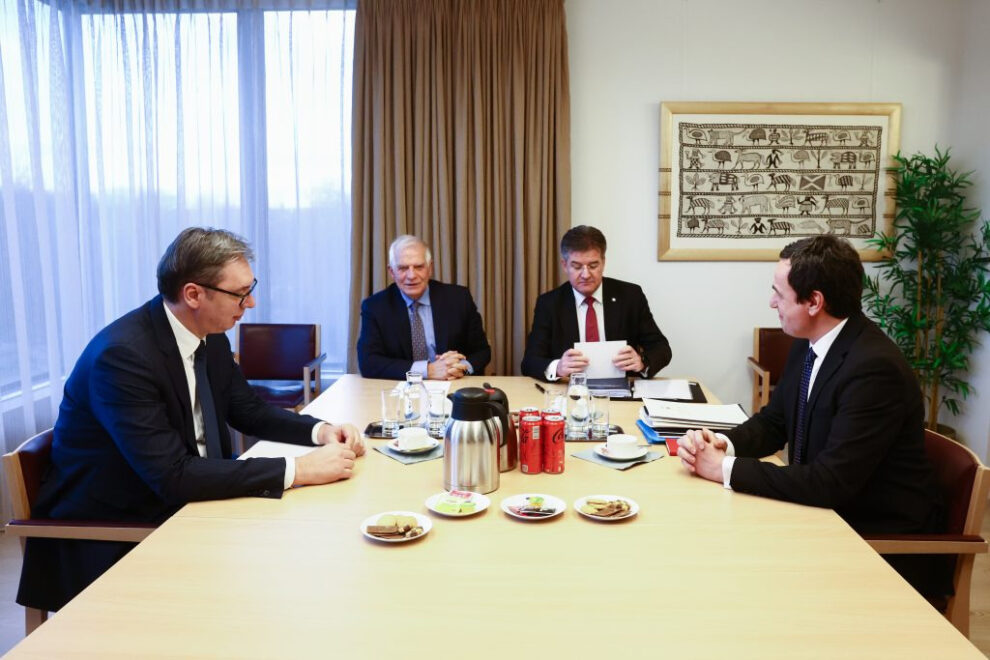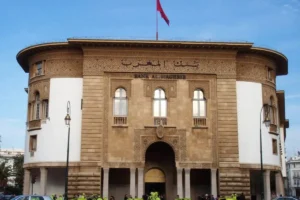Kosovo’s Prime Minister, Albin Kurti, and Serbia’s President, Aleksandar Vucic, are due to meet on Saturday in Ohrid, North Macedonia, to discuss the implementation of a deal they agreed last month on normalization of relations under European Union mediation.
The meeting comes three weeks after the two leaders, after hours of negotiations in Brussels, broke their deadlock by tentatively agreeing to a European Union plan on normalisation of relations, though opposition parties in both Pristina and Belgrade expressed discontent about the agreement.
The 11-point agreement on the path to normalisation says the two sides should develop normal, good-neighbourly relations with each other on the basis of equal rights.
It also says Kosovo and Serbia should mutually recognise their respective documents and national symbols, including passports, diplomas, vehicle licence plates and customs stamps.
On international representation, the agreement says the parties should assume neither of the two can represent the other in the international sphere or act on the other’s behalf.
A day before the meeting, Kosovo President Vjosa Osmani said she expected the deal to be accepted and “implemented in an effective way”.
“Kosovo goes to Ohrid hoping for a positive result … This deal includes the principles of international law which will pave the way for Kosovo’s recognition. It is very important that [our] constitutional order, integrity and sovereignty are preserved at any price in any decision,” Osmani said after meeting the US envoy on Kosovo–Serbia dialogue, Gabriel Escobar, on Friday.
In Belgrade, Serbia’s President, Aleksandar Vucic, on Thursday said that he had not received the draft on the implementation plan for the deal prior to the meeting but favoured a solution which would normalize relations between the two old foes.
“Normalisation for me is not a euphemism for de facto or de jure recognition of Kosovo. Normalisation that I consider necessary is to have better relations with Albanians than we have today and to live together as much as possible and, if not, next to each other,” Vucic said.
On the eve of the crunch talks, the European Union High Representative, Josep Borrell, wrote an op-ed on the EU External Action’s website where he spoke of the importance of the deal and of the need “to focus on the bigger picture and not allow another window of opportunity to close in front of our eyes”.
“It is now time for Serbia and Kosovo to agree on the Implementation annex, which is an integral part of the Agreement, and share a clear understanding on how to put in place their provisions,” Borrrell wrote.
On Friday, US envoy Escobar said he expected a “positive result” in Ohrid.
“I am very optimistic about the opportunities for a peaceful solution between Kosovo and Serbia and I expect that after Saturday we will have good news,” he said in Pristina.
“As the biggest supporter of Kosovo in the world, our goal is for this [European plan] to work out for Kosovo, but not only for Kosovo, but for the entire region in order to unblock some of the best resources the Balkans provides to itself and the entire Europe,” he added.
For years, Kosovo and Serbia have traded accusations over which side is responsible for the failure to implement agreements reached in Brussels since the dialogue process started in 2011, first on technical issues and then involving top political leaders.
Negotiations led to the so-called Brussels Agreement in 2013, which envisaged the establishment of an Association of Serb-Majority Municipalities to represent Serb interests in those areas of Kosovo where they form the majority.
Two years after, in August 2015, the Kosovo and Serbia Prime Ministers signed a deal on the competencies of the Association, but most of then were later ruled as unconstitutional by Kosovo courts. Since then, the idea has remained on paper, the casualty of continuing political tensions between the countries.
Kosovo broke away from Serbia during the 1998-9 war and declared its independence in 2008. It has long been recognised by most Western countries, but not by five EU member states, or by Russia, China, Serbia, and others.
Source : BalkanInsight
















